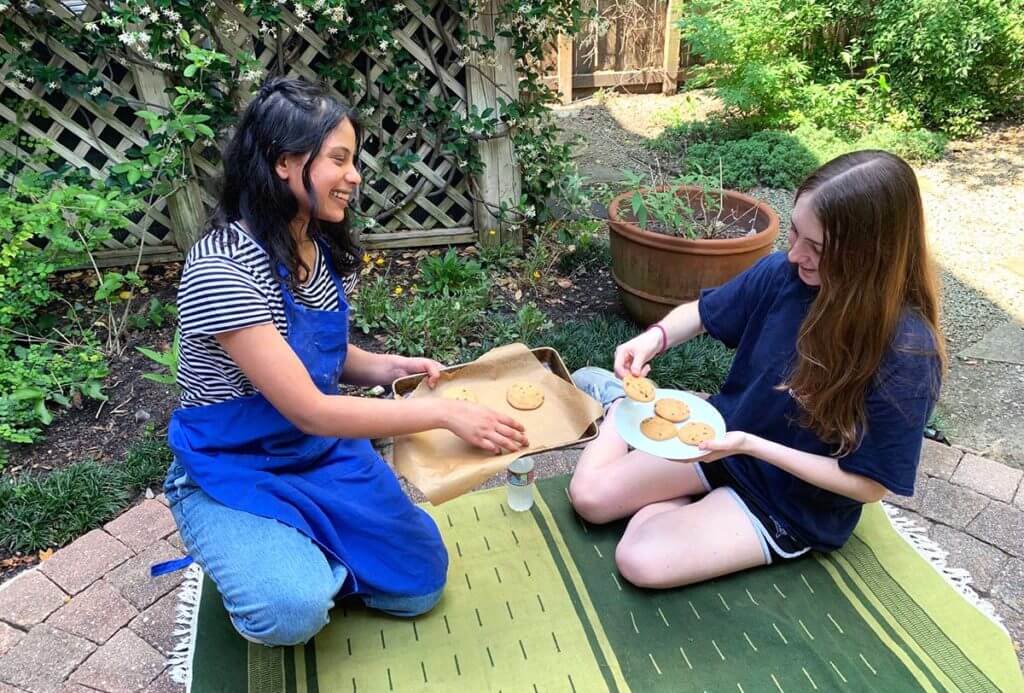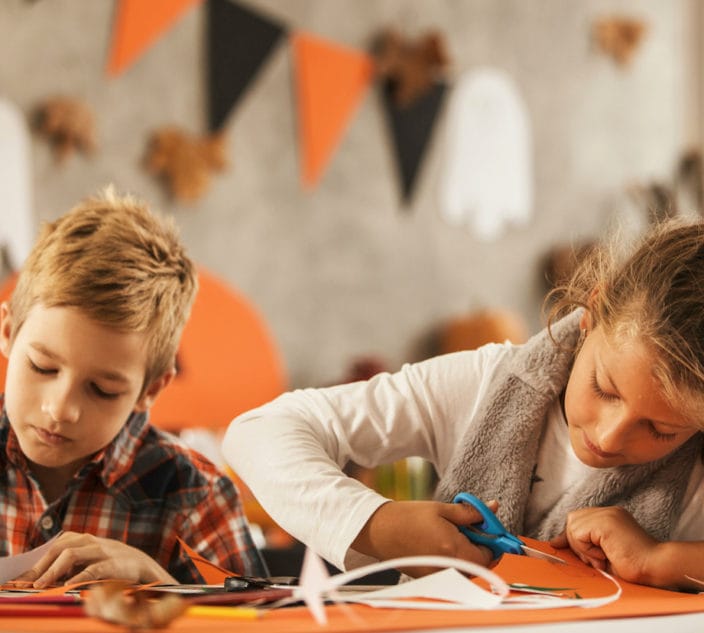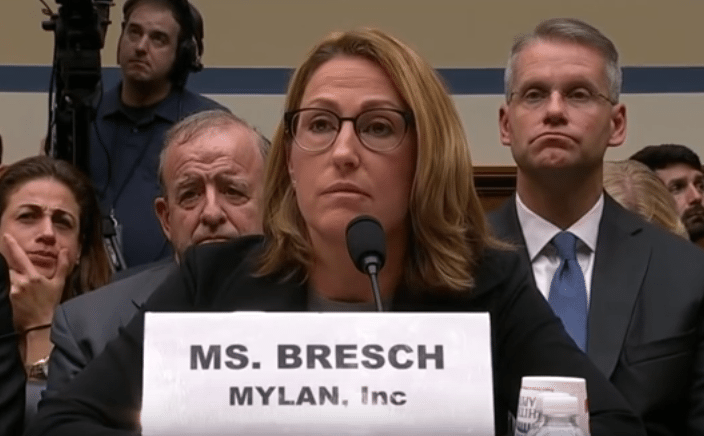
I recently faced a rather unusual challenge. It was a “chicken challenge”.
You see, I have been allergic to dairy, eggs, and yes, chicken, for my entire life. The allergist wanted to check if my immune system had outgrown its oversized reaction to chicken, that great American staple.
Over four hours, I nibbled on boiled chicken under the doctor’s vigilant eye. I passed! No allergic reaction!
I confess I went to town for the next two weeks: fried chicken, jumbo popcorn chicken, and chicken tenders from all the neon-colored drive-thrus. The acne was totally worth it.
Dairy and eggs still make my throat close up, and avoiding these foods is a way of life for me. I’ve become an advocate for myself. I stand in grocery aisles scrutinizing food labels and persist in making sure my order gets an allergy alert in restaurants. “Contamination” has been a buzzword in my life since long before the pandemic – I got a head start in cleaning my airline trays with hand wipes. I’m a polyglot in five key words: allergies, eggs, dairy, tree nuts, and emergency.
Yet, learning to advocate for myself, and to speak up about allergies has been a process. I spent my adolescence feeling embarrassed. I cringed having to explain why I refused the chocolate cookie, and started avoiding social outings. Listing allergies while ordering a burger or lugging along a cooler to sleepovers was simply not cool.
School celebrations were perhaps the most isolating. I loved to bake, and the allergy-friendly treats I displayed with pride on the communal table would sit untouched. It was hard to see my beautiful cookies lose out to neon-colored cupcakes from Texas’s H-E-B supermarket.
Clearly, it was time to find a better way. Trying to avoid socializing to keep my allergies invisible to others was hurting my quality of life.
Teens Who Speak My Language
My 14-year-old baker’s ego needed validation, and in the summer of eighth grade, I opened a Twitter account. It had a hopeful introductory line: “Looking to connect with the food allergy community.” And my first tweet was a cake recipe with photos.
Getting notifications for my recipes was thrilling, and I also started posting about my experiences as a teen with food allergies. Over the past four years, the Twitter account has connected me to a robust community.
It turns out, many are teens like me. We speak the same language – which allergy-friendly chocolate tastes better? How do you protect your epinephrine auto-injector from the sun? What is the best way to disguise your auto-injector under your prom dress? I am empowered seeing older teens not letting food allergies get in the way of their accomplishments. In turn, I try to be a mentor for younger kids as they navigate social challenges.
In 2021, I was part of a collective force as we, teens with food allergies, played a pivotal role in lobbying Congress. We teen advocates helped to get sesame added as the ninth top allergen on food labels.
Owning my allergies has made high school easier. I find that most people are happy to accommodate me if I project confidence about managing my food allergies. Leaning on other people has made me stronger.
Finding Support, Fitting In
My best friend learned how to administer an auto-injector in case of an emergency, and my biology teacher adjusted my experiment when I alerted her that the laboratory reagents contained milk. I accept these gestures with grace and, in turn, they have taught me to be mindful of others.
Food allergies will probably always be in my life and I would be naive to think they won’t impact some of my choices. For instance, becoming a pastry chef is probably not a good career move for me. But I know that with planning, attention to detail, and open communication, I can take on most things as I transition to college.
The habits that keep me safe are now second nature to me – in fact, they often place me at an advantage in other activities I take on.
Recently, I challenged myself to make the best brownie. Egg substitutes like banana and tofu made sludgy failures. But then I learned of aquafaba, the water left behind after soaking beans. It proved to be the ultimate egg replacer. My brownies are fudgy dreams and a big hit. Who knew bean water could be the way to the heart of my peers?
Indrani Maitra is a high school senior and food allergy advocate from Houston. She founded Allergy Friendly Choices, which partners with Texas food banks to provide free-from foods to families facing food insecurity. Learn more at: Afchoices.org and follow her here on Twitter.
Related Reading:
The Surprising Side Effect of Food Allergies: Confidence
More articles from: Making Food Allergies So Visible Series
Risk Taking and Allergic Teens – What I’ve Learned
Report Implicates Peanut Allergy in Teen’s Death After Intimate Act
Life with Food Allergies: the Struggle is Real, But Getting Better





